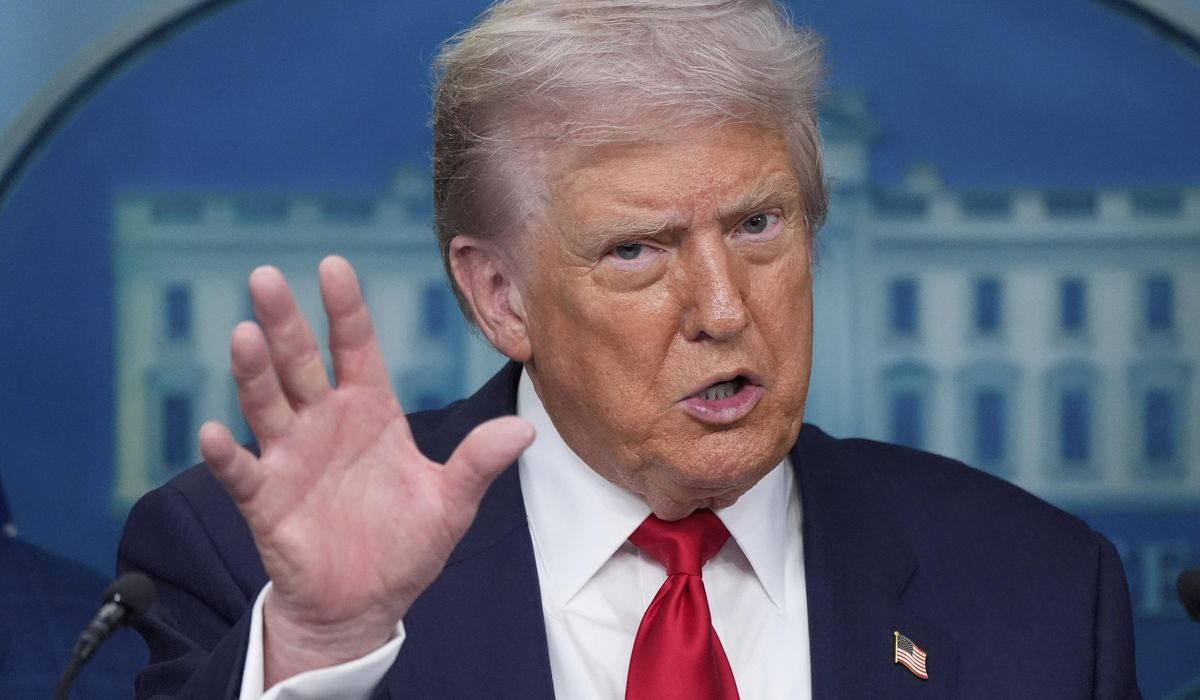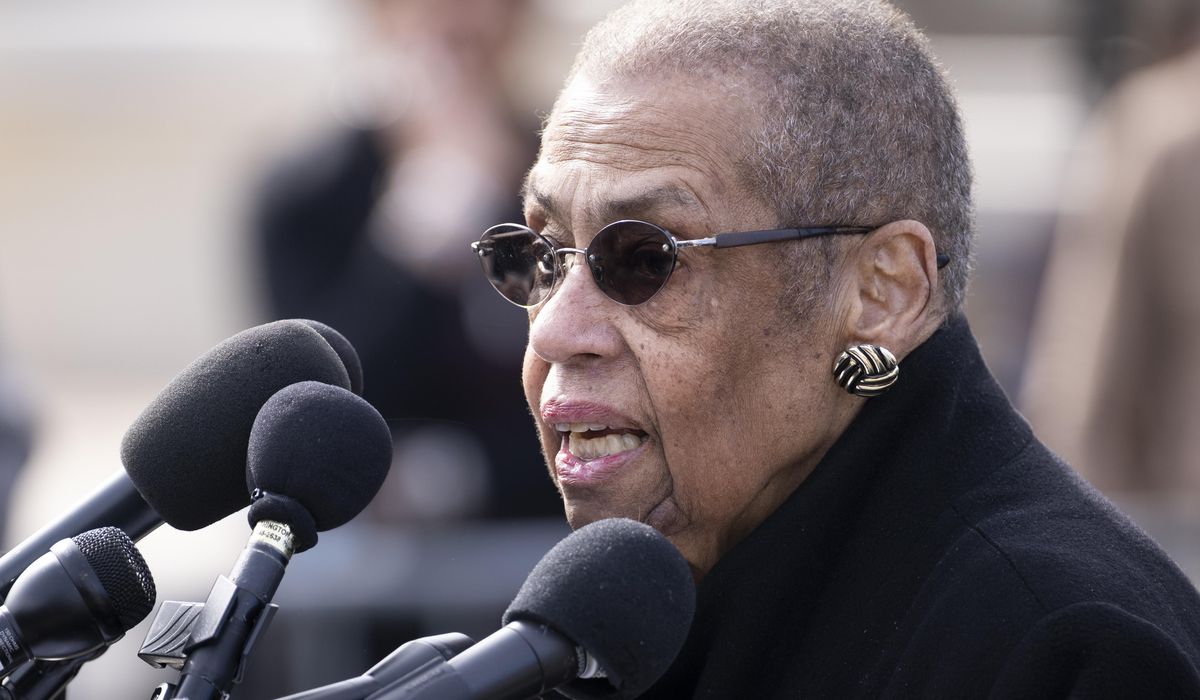ARTICLE AD BOX
General Motors is collaborating with a Chinese military company that supplies batteries used in People’s Liberation Army submarines, according to a senior House leader.
The partnership between GM and Contemporary Amperex Technology Co. Limited, or CATL, was called out by Rep. John Moolenaar, chairman of the House Select Committee on the Chinese Communist Party.
“This is disappointing to not only its customers and employees, but also to the American people who supported the company during its financial crisis,” he said Monday on X. “American auto companies need to build secure, resilient supply chains that are not dependent on our nation’s largest adversary.”
Mr. Moolenaar, Michigan Republican, did not elaborate on CATL’s role in supplying batteries to Chinese submarines.
The Hong Kong-based South China Morning Post reported in November 2022 that China planned to upgrade its conventional submarines with lithium-ion batteries, an action that could significantly increase the underwater fleet’s combat and survival capabilities.
The report was based on a People’s Liberation Army Navy study that noted China manufactures 75% of the world’s EV batteries. The lithium-ion batteries, while prone to fires, will replace lead-acid batteries currently used in 60 to 70 conventionally powered submarines.
Mr. Moolenaar criticized GM after reports that the company will import electric vehicle batteries from CATL, which is on the Pentagon’s list of Chinese military companies.
The designation as a military company is a U.S. government signal that American businesses should not support them. However, it does not bar CATL from doing business with civilian U.S. companies but does prevent the defense contractors from using its products.
The military company designation also could lead to additional blacklisting, such as the Commerce Department’s entity list that limits business activities of individuals and companies determined to be a national security concern.
GM said in a statement that, for several years, other U.S. automakers have depended on foreign suppliers for lithium iron phosphate battery sourcing and licensing.
“To stay competitive, GM will temporarily source these packs from similar suppliers to power our most affordable EV model,” the statement said, referring to the second-generation Chevrolet Bolt scheduled to be produced later this year.
The current trade war with China will result in GM paying high tariffs, around 80%, for Chinese EV batteries.
CATL is the world’s largest manufacturer of EV batteries. Its customers also include Ford and Tesla.
In 2024, Mr. Moolenaar and then-Sen. Marco Rubio, now the secretary of state, called on the Pentagon to blacklist CATL as a military company and urged the removal of CATL storage batteries from the Marine Corps base at Camp Lejeune over concerns about CATL’s military ties.
The company “is an electric vehicle battery company with deep ties to the Chinese Communist Party and its armed wing, the People’s Liberation Army (PLA),” the two lawmakers stated.
They noted that CATL is a key contributor to China’s military-civil fusion policy that uses advanced technology to bolster Chinese military capabilities.
CATL energy storage batteries are being decommissioned from Camp Lejeune starting in February 2024. The move follows the Select Committee writing to then-Defense Secretary Lloyd Austin demanding the removal.
The Select Committee has also identified CATL and another Chinese company, Gotion High Tech, as linked by panel investigators to Uyghur slave labor in western China.
CATL said in a statement on its website in January that the company has never engaged in any military-related business or activities and that the designation is a mistake.
In July, Mr. Moolenaar sent subpoenas to JPMorgan CEO Jamie Dimon and Bank of America CEO Brian Moynihan seeking documents and information for their role in underwriting the initial public offering of CATL.
“CATL’s industry-leading role in battery manufacturing — a sector explicitly targeted by China’s state-driven military-civil fusion policy — poses significant U.S. investor and national security risks,” the subpoenas stated.
“Congress has a duty to ensure U.S. capital isn’t funding the Chinese military,” Mr. Moolenaar said of the subpoenas. “We asked for answers months ago. They stonewalled. Wall Street shouldn’t be underwriting Chinese military companies — and the American people deserve transparency.”
The Select Committee has long pushed U.S. companies to decouple from China.
In June 2023, the committee’s then-Chairman Mike Gallagher, Wisconsin Republican, and ranking member Rep. Raja Krishnamoorthi, Illinois Democrat, met with CEOs of GM and Ford to urge both automakers to reduce their reliance on Chinese supply chains that pose national security risks.
“For too long, we’ve ignored the CCP’s blatant violation of trade agreements, intellectual property theft, [and] its economic coercion that disadvantages American workers and does not allow us to compete on a level playing field,” Mr. Gallagher said at the time.

 1 day ago
6
1 day ago
6








 English (US) ·
English (US) ·